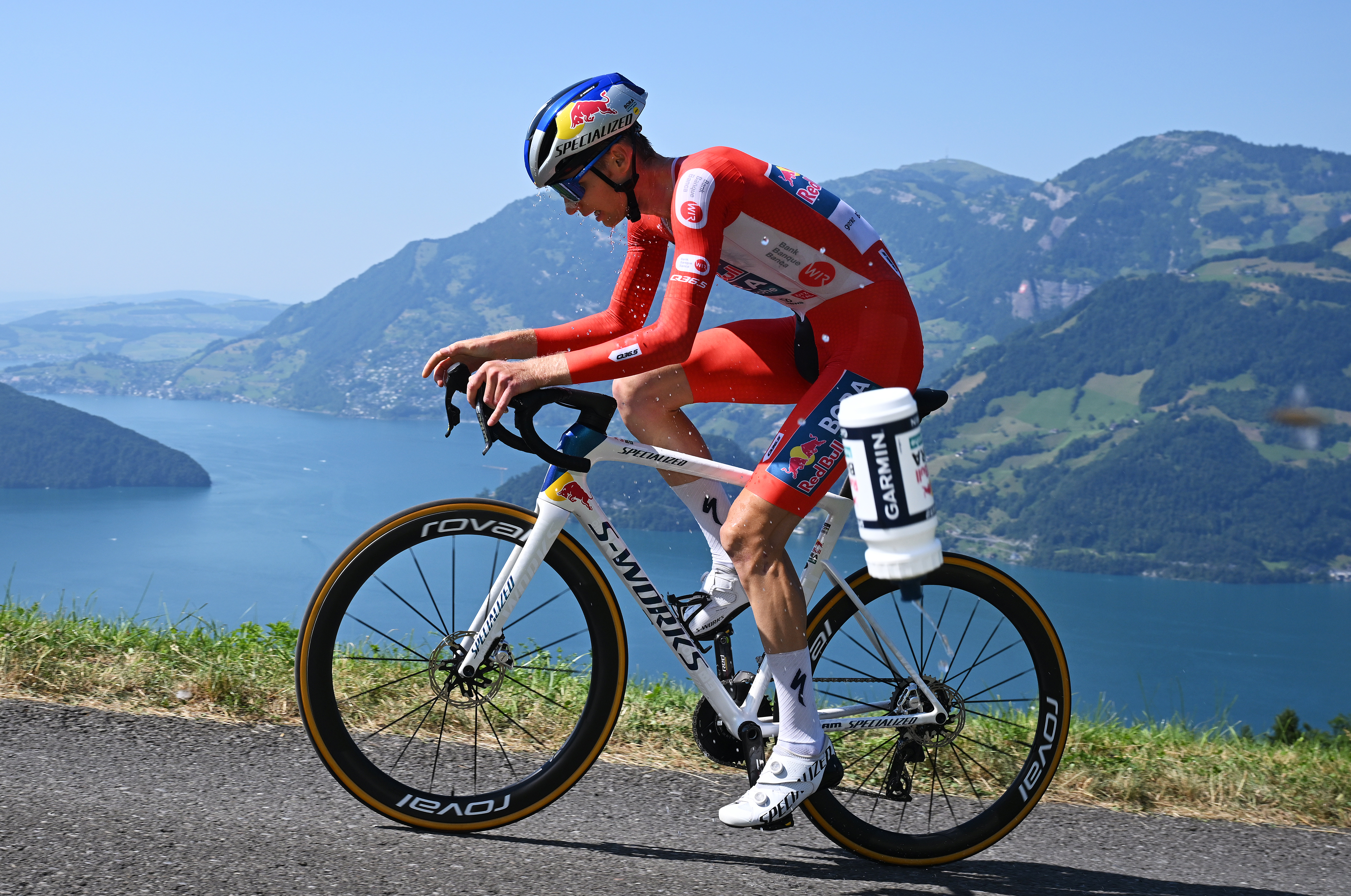
"Riders in the 2025 Tour de France face a unique challenge in Stage 13, which features a flat section followed by a steep mountain climb, requiring strategic equipment choices."
"The course includes a 2.9km flat start followed by an 8km ascent with an average gradient of 7.9%, presenting significant challenges for performance engineers and teams."
"Time trials of this nature can be decisive in the general classification, as demonstrated in past Tour de France and Giro d'Italia stages, showcasing their significance."
"Teams must make critical decisions on whether to utilize heavy time trial bikes or lighter road bikes, with some possibly opting for bike changes mid-stage to optimize performance."
The 2025 Tour de France Stage 13 presents a 10.9km course that starts flat before ascending the Peyragudes with an average gradient of 7.9%. Riders will need to climb 627 meters during this stage. Past events have shown that such time trials can significantly impact the general classification. Performance teams face the challenge of optimizing equipment choices, weighing the pros and cons of heavier time trial bikes against lighter road bikes. Equipment changes during the race may become necessary to maximize speed on climbs.
Read at Cyclingnews
Unable to calculate read time
Collection
[
|
...
]